Optimizing media for chicken cells
2020-2022
Dr. Block is applying novel optimization tools and techniques to chicken muscle cell cultures in order to achieve low-cost cultivated meat production.
PRODUCTION PLATFORM: Cultivated
TECHNOLOGY SECTOR: Cell culture media
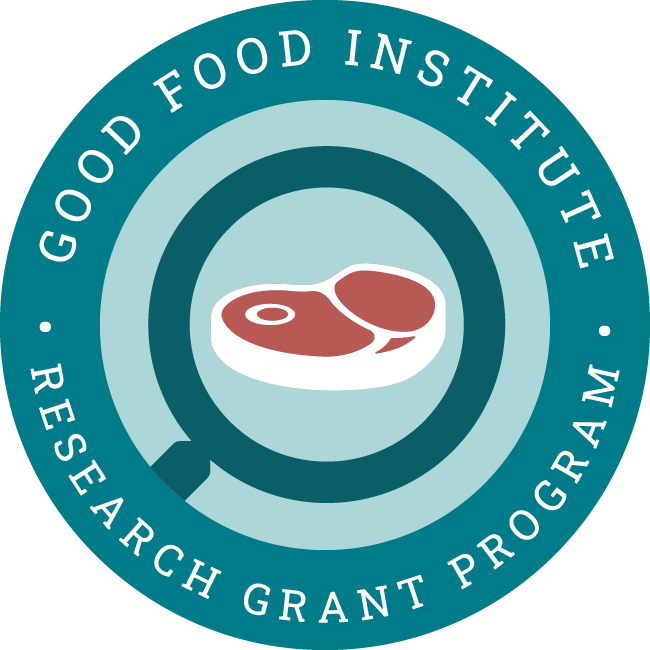
Project aims
This project aims to develop novel advanced experimental optimization techniques to find low-cost, effective growth media and apply these techniques to chicken muscle cell cultures. It devises a process for growing chicken muscle cells in suspension or on edible scaffold microcarriers, as well as for the production of gelatin through plant cell culture for use as muscle cell scaffolding.
This work will create novel, efficient experimental optimization algorithms for general media and process optimization. It could reduce the cost of cultivated meat production via novel media optimization techniques.
Principal researcher
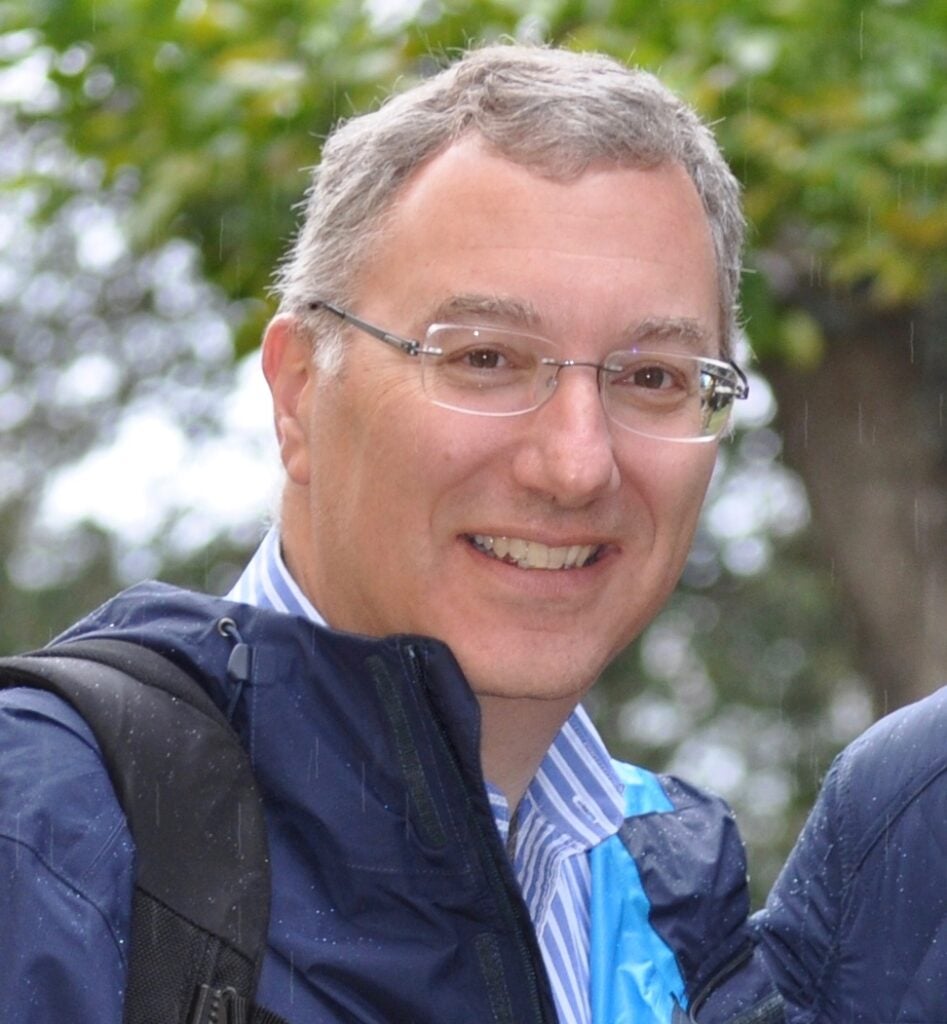
Dr. David Block
Professor, Department of Viticulture and Enology and Department of Chemical Engineering, University of California Davis, USA
Dr. Block holds extensive experience in fermentation process optimization and the development of experimental optimization methods. He also designs biopharmaceutical manufacturing and food fermentation facilities.
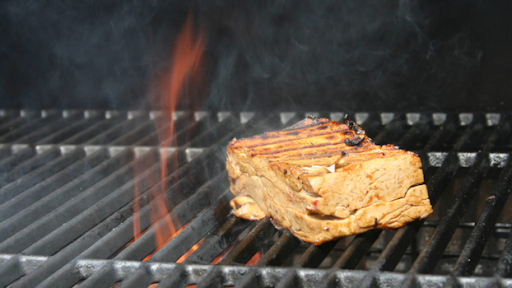
NSF funds cultivated meat research at UC Davis
The U.S. government awarded $3.55 million, to be dispersed over five years, to a team of researchers at UC Davis for open-access cultivated meat research. This grant from the National Science Foundation (NSF) represents the U.S. government’s biggest investment in cultivated meat research ever.
Related research
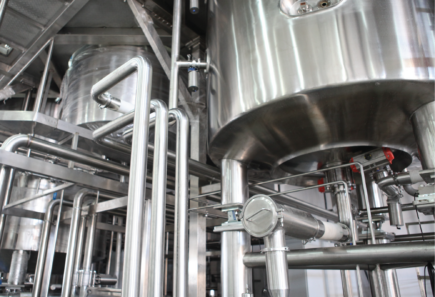
Defense Production Act: The Department of Defense should invest in food biomanufacturing to advance national security
As DoD invests $1 billion in biomanufacturing, GFI recommends prioritization of biotechnology-based food production under the Defense Production Act Investments Program.

Public Affairs Manager – Spain
The Good Food Institute Europe is looking for an Public Affairs Manager in Spain to join our Policy team.

Get involved with the Alt Protein Project
Interested in bringing the Alt Protein Project to your university? Learn about what we look for in our student leaders and register your interest to stay informed about program updates…

Join the alt protein educator community
Join our alternative protein educator community and help bring alternative protein education into classrooms around the globe.
Explore alt protein research opportunities
-
Cultivated
-
Fermentation
-
Plant-Based
Optimizing fat profiles for nutritional and sensory properties
Because alternative meat’s fat content and fatty acid profile can be more easily controlled than conventional meat’s, there is an opportunity to alter fat content for nutritional benefits. Additional research…
-
Cultivated
-
Fermentation
-
Plant-Based
Hybrid products to optimize nutrition, taste, cost, and sustainability
Hybrid products are a promising means to improve the cost and sustainability of animal-derived meat while improving the taste of plant proteins. Promoting the health benefits of hybrids may facilitate…
-
Cultivated
-
Fermentation
-
Plant-Based
Scientist / engineer outreach and education
To expand the technical talent pipeline, various players in the alternative protein field should reach out to scientists and engineers in relevant disciplines (e.g., biotech, biopharma, and food science) to…
-
Cultivated
-
Fermentation
-
Plant-Based
Life Cycle Assessment for alternative seafood relative to conventional fishing and aquaculture
To date, no robust environmental assessments have been conducted to compare alternative seafood to its conventional counterparts. An open-access, quantitative analysis of the relative environmental impacts of alternative seafood will…
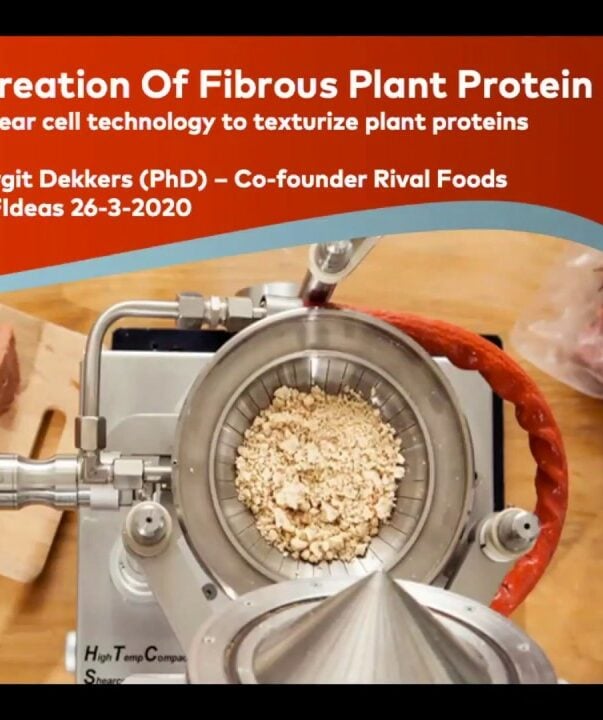
Dr. Dekkers’ seminar presentation
Watch Dr. Dekkers present on shear cell technology in our Science of Alt Protein seminar series.
